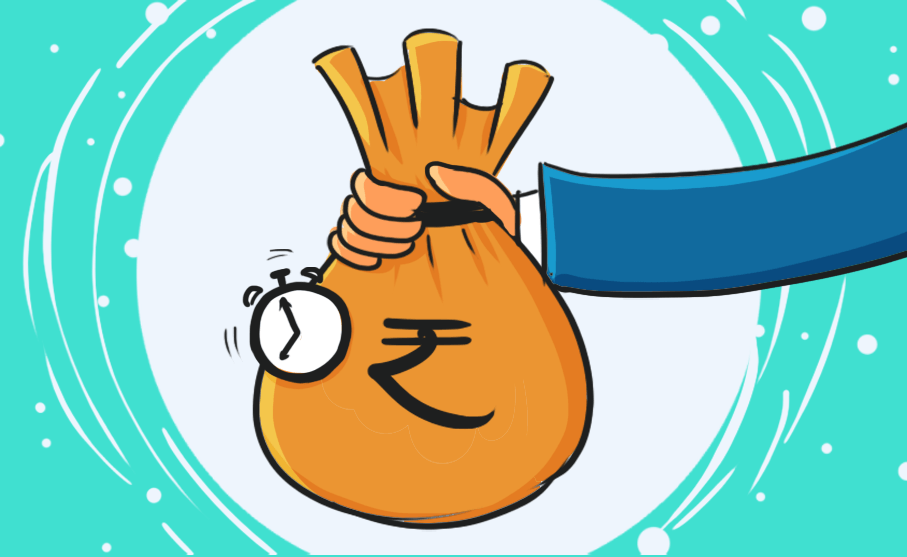Paying off your loan before the agreed-upon tenure? This article discusses the pros, the cons, and everything in between regarding loan foreclosure.

Once upon a time, you decided to take a loan. You were living the dream, buying things you wanted, and making monthly payments like a champ. But then, you hit the jackpot (or maybe just saved up enough), and you thought, “Why not just pay off this loan and be done with it?”
Well, my friend, welcome to the world of loan foreclosure! Now, don’t let the term scare you. It’s not as ominous as it sounds. What you must be aware of are the foreclosure charges. Also known as prepayment charges, it is the fees lenders charge (some don’t) if you decide to pay off your loan before its term ends. It’s like a break-up fee for ending a relationship early. The lender is basically saying, “Hey, I was expecting more interest from you. Since you’re leaving early, you owe me.” These charges usually vary between 3-6% of the outstanding loan amount.
Additional Reading: Dos And Don’ts Of Getting A Personal Loan
However, if you took a loan at a floating interest rate, you’re in luck! The RBI has mandated that foreclosure charges are not applicable on floating interest rate loans sanctioned for individual borrowers. So, you can sail away on your floating interest rate boat without any extra charges, just like our co-branded Credit Cards without any fees. But if your loan has a fixed rate of interest, you might have to pay the piper.
Now you might be wondering how to go about the loan foreclosure process? It’s simple! First, check your loan agreement to see if any foreclosure charges apply. Then, speak to your lender and fill in a foreclosure form if required. Submit the required documents such as original loan agreement, your ID, income docs and pay off your entire loan along with penalties, if any, and that’s it! You’ve made it! Just make sure you get the loan closure certificate from the lender to complete the process.
So, should you pay it off early or let it run? When faced with making a decision, it’s always a good idea to weigh the pros against the cons. So, here are some benefits of closing your loan early.
- You can save on interest charges and reduce your financial burden.
- You may be able to improve your Credit Score by lowering your overall debt and boosting your debt-to-income ratio.
- Lastly, clearing a loan would give you a sense of financial freedom. You can allocate the funds previously used for EMIs towards other financial goals or investments.
Additional Reading: Essential Tips for Financial Independence
Having said all that, closing the loan early may not always be a wise move. Do consider these factors/scenarios before you decide.
- For Personal Loans, the interest is tax-deductible in some cases such as the purchase, construction, repairs or renovation of your house property. By foreclosing, you’ll lose this benefit.
- You could have invested the excess funds in stocks or mutual funds for higher returns. Don’t let that be a missed opportunity.
- Don’t risk your emergency funds for loan foreclosure. Unexpected expenses may arise, and having liquid funds is crucial.
Lastly, it’s always best to check with your lender or read the loan agreement to understand the foreclosure charges as foreclosure rules and its calculation may vary from one lender to another. Personal Loan foreclosure can be a smart move if done strategically. Remember, financial decisions are personal, so choose what aligns best with your goals.
Copyright reserved © 2024 A & A Dukaan Financial Services Pvt. Ltd. All rights reserved.


